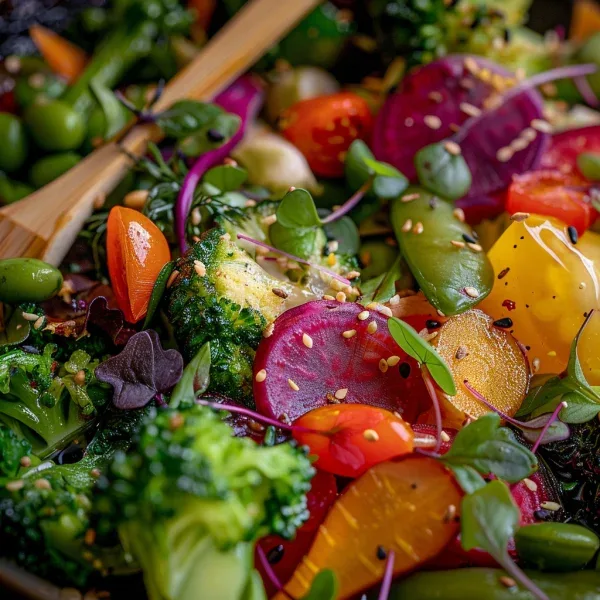by Eliza Sterling

The trend of adopting plant-based diets has seen an exponential rise, especially among women, in the past decade. With one in every five women shifting towards either vegetarianism or veganism, the question of its impact on health and weight has become increasingly relevant.
The Ascendence of Plant-Based Lifestyles
From refraining from meat, poultry and fish in a vegetarian lifestyle to eliminating all animal-derived products in veganism, the reasons push everything from religious dictates to concerns about animal welfare and the environment.
Long-term vegetarians or vegans seemingly have an edge regarding longevity, demonstrating fewer instances of heart disease and certain malignancies. Lower intake of saturated fats and increased fibre are credited for these benefits. However, this group also tends to smoke less, drink less alcohol and be more physically active than meat-eaters. Thus, overall healthier lifestyle choices appear to be linked with these diet preferences, possibly contributing to the lower disease risk.
Vegetarianism and Healthy Weight Management
A vegetarian diet does not come with an automatic ‘healthy weight’ tag. Yet, data suggests vegetarians tend to be lighter by one or two BMI units than their carnivorous counterparts. The high fibre content of a vegetarian diet, abundant in fruits and vegetables, provides lower calorie content, allowing for more generous consumption without calorie overdosing. Nonetheless, preparation methods still matter; doused in high-calorie sauces or cheese, the same cauliflower can soon become a calorie bomb.
Navigating Protein and Carbohydrate Sources in a Vegetarian Diet
Quality protein is not exclusive to meat. Vegetarians who consume eggs or dairy, and those who incorporate soya into their meals, can easily meet their protein requirements. Variety remains key to ensuring a well-rounded intake of all essential amino acids. Nuts, seeds, legumes, pulses and wholegrains all factor into your protein-rich options.
Choosing wholegrain or fibre-rich carbohydrates over refined variants is also imperative. Sugar-rich food may be calorie-dense but nutritionally poor. Employ the natural sweetness of fruits for a healthier, fibre-and-micronutrient-dense sugary fix.
Vitamin Needs in a Vegetarian Diet
A variegated vegetarian diet tends to cover most needed vitamins. However, special attention should be given to vitamin B12 and D, mostly sourced from animal products. Vitamin D can also be synthesized from regular sun exposure, and certain foods like margarine, some soya milks and breakfast cereals come fortified with it. It’s advisable for particularly vulnerable groups like young children, pregnant women, the elderly, and people with dark skin – especially if they’re also vegetarian – to take a vitamin D supplement.
Vitamin B12 is practically absent from plant-based diets, so fortifying with yeast extract or a B12 supplement can bridge the gap.
vegetarian diet, vegan diet, plant-based diet, protein sources for vegetarians, vitamin sources for vegetarians, weight management, healthy lifestyle, animal welfare, carbon footprint, heart disease, BMI, fibre-rich diet, carbohydrate sources, saturated fats, micronutrients, fortified foods
Leave a Reply